The Department of Applied Sciences teaches and promotes practical aspects of Applied Sciences to build a solid foundation as part of the Engineering Education. The department prepares students for core engineering branches by educating them in the basic sciences of physics, chemistry and mathematics in the first year. The Department’s programs and activities are designed to produce well-educated engineers who can put their knowledge to work for society. The department takes part actively in the day-to-day activities of the college and contributes to various development programs of the college in cooperation with other departments. The department is facilitated with separate laboratories for Physics and Chemistry.
HOD's Message
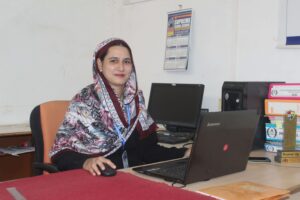
Vision
Applied Science Department equips all engineering graduates with the solid knowledge in applied sciences and mathematics needed to solve challenging problems in their respective engineering disciplines.
Mission
The Faculty of Engineering and Applied Science is dedicated to the highest quality of teaching and learning, research, service and external engagement, in order to make a significant positive impact on society, locally, nationally and internationally.
About Department
Department of First Year Engineering was established in 2009. First Year of Engineering is the beginning of professional carrier; therefore the Department is very careful about the teaching-learning process and overall result of the students. The motto of our department is to shape the students with better academics and discipline, so that they will serve the nation as a good civilian. In addition to the University subject load, we add one extra lecture per week for each subject to complete the syllabus and for extra practice, so the student can comfortably grasp the subject.
Being the basis of all engineering studies, the Department of Applied Sciences of Everest College of Engineering & Technology imparts excellent quality education in the area of Applied Sciences (Mathematics, Physics, Environmental Chemistry etc.) for the future technocrats of all streams and enhances innovative thoughts among the students. It also provides the students with new and revised in-house manuals and question banks in different disciplines for the students. The Department has well equipped class rooms, drawing hall and laboratories for Physics, Chemistry.
Programme Educational Objectives:
PEO-1: To provide students with a strong foundation in mathematical, scientific and engineering fundamentals necessary to identify, analyze and solve real life problems and to prepare them for graduate studies in their specific domain.
PEO-2: To develop the ability amongst students to synthesize data and technical concepts from applications to product design.
PEO-3: To promote awareness amongst students for life-long learning and to inculcate in them professional and ethical attitude, good leadership qualities and commitment to social responsibilities.
Program Outcomes
| 1. | Engineering knowledge
Apply the knowledge of mathematics, science, engineering fundamentals, and an engineering specialization to the solution of complex engineering problems |
|
| 2. | Problem analysis
Identify, formulate, review research literature, and analyze complex engineering problems reaching substantiated conclusions using first principles of mathematics, natural sciences, and engineering sciences. |
|
| 3. | Design/development of solutions
Design solutions for complex engineering problems and design system components or processes that meet the specified needs with appropriate consideration for the public health and safety, and the cultural, societal, and environmental considerations. |
|
| 4. | Conduct investigations of complex problems
Use research-based knowledge and research methods including design of experiments, analysis and interpretation of data, and synthesis of the information to provide valid conclusions. |
|
| 5. | Modern tool usage
Create, select, and apply appropriate techniques, resources, and modern engineering and IT tools including prediction and modeling to complex engineering activities with an understanding of the limitations. |
|
| 6. | The engineer and society:
Apply reasoning informed by the contextual knowledge to assess societal, health, safety, legal and cultural issues and the consequent responsibilities relevant to the professional engineering practice |
|
| 7. | Environment and sustainability:
Understand the impact of the professional engineering solutions in societal and environmental contexts, and demonstrate the knowledge of, and need for sustainable development. |
|
| 8. |
|
|
| 9. | Individual and team work:
Function effectively as an individual, and as a member or leader in diverse teams, and in multidisciplinary settings. |
|
| 10. |
|
|
| 11. | Project management and finance:
Demonstrate knowledge and understanding of the engineering and management principles and apply these to one’s own work, as a member and leader in a team, to manage projects and in multidisciplinary environments. |
|
| 12. | Life-long learning:
Recognize the need for, and have the preparation and ability to engage in independent and life-long learning in the broadest context of technological change. |
Programme Specific Objectives:
PSO-1: Develop the ability to understand, demonstrate, identify, analyze and apply skills and knowledge gained from fundamental course of applied science and engineering, and relates these fundamentals with core subjects in the relevant field.
PSO-2: Understand basic skills and principles of engineering by developing and engaging them in life-long learning with effective skills including quality of reasoning, logic, analysis and communication.
Faculty Details
| Sr.No | Name Of Staff | Qualification | Designation | Email Address |
| 01 | Khan Farhat Shaheen Masood | M.Sc. (Physics) , B.Sc., B.Ed. | H.O.D. & Assistant Professor | fehod@eescoet.org |
| 02 | Jaber Shafiyoddin Tamboli | M.Sc. (Chemistry) | Assistant Professor | |
| 03 | Mohammed Naveed Abdul Rasheed | M.Sc. (Mathematics) | Assistant Professor |
Labs
|
Sr. No. |
NAME OF LAB |
|
1 |
PHYSICS LAB |
| 2 |
CHEMISTRY LAB |
List of Subjects
| Sr.No. | Subject | Subject Code |
| 1 | BSH-101 Engineering Mathematics – I | EM-I |
| 2 | BSH-102 Engineering Physics | PHY |
| 3 | MED-104 Engineering Graphics | EG |
| 4 | EED-105 Basic Electrical Engineering | BEE |
| 5 | CED-106 Basic Civil Engineering | BCE |
| 6 | CSE-107 Computer Fundamental – I | CF-I |
| 1 | BSH-151 Engineering Mathematics – II | EM-II |
| 2 | BSH-103 Engineering Chemistry | CHE |
| 3 | CED-152 Engineering Mechanics | EM |
| 4 | MED-153 Basic Mechanical Engineering | BME |
| 5 | ECT-154 Basic Electronics Engineering | BEE |
| 6 | CSE-155 Computer Fundamental – II | CF-II |
 There is a wealth of information that can be found here but if you still have any questions, please
There is a wealth of information that can be found here but if you still have any questions, please  Our goal is to ensure that every graduate is at the cutting edge of their field of study. Click here for
Our goal is to ensure that every graduate is at the cutting edge of their field of study. Click here for 



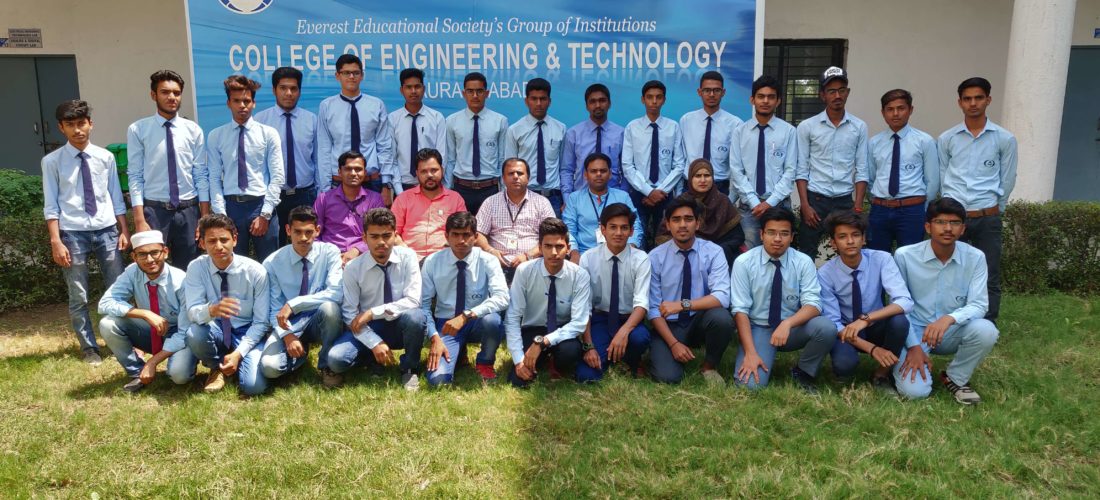
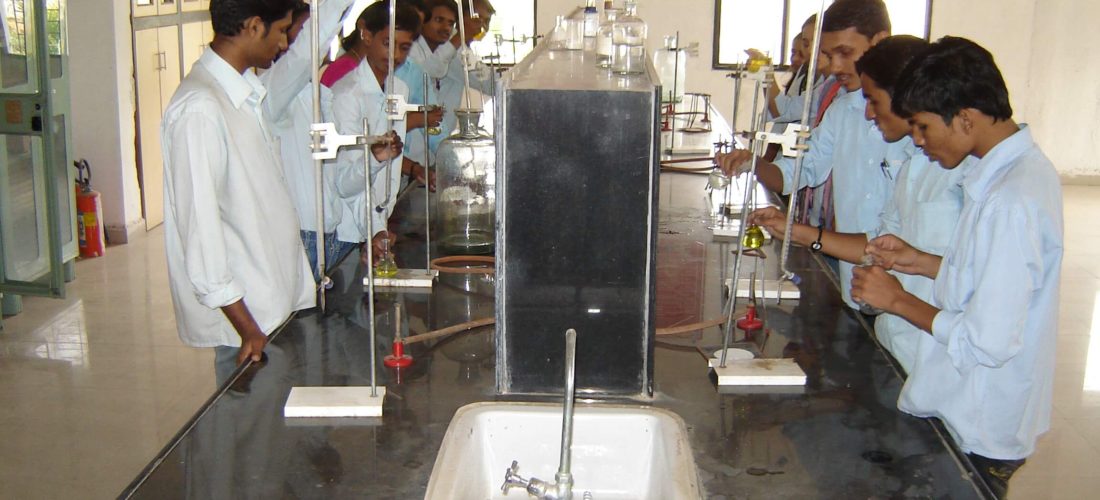
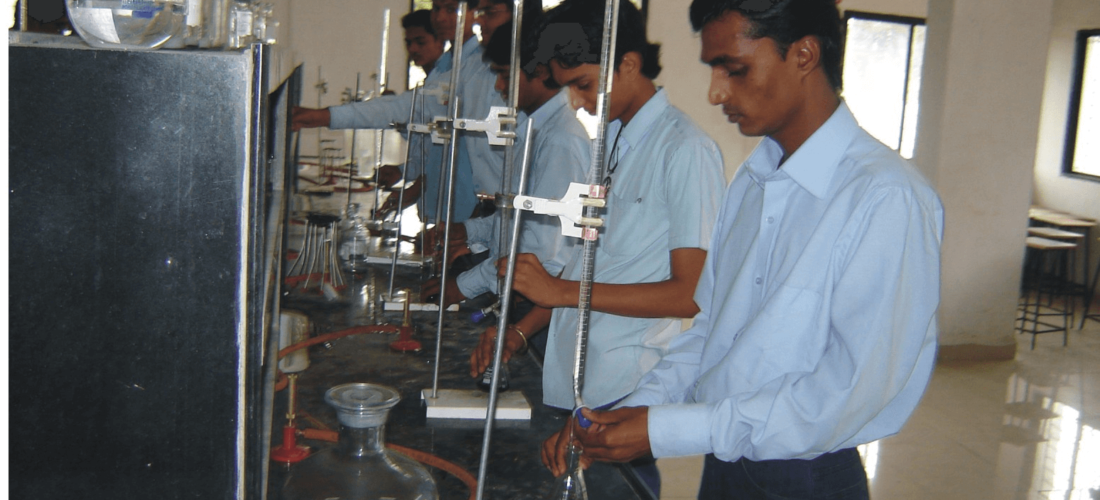
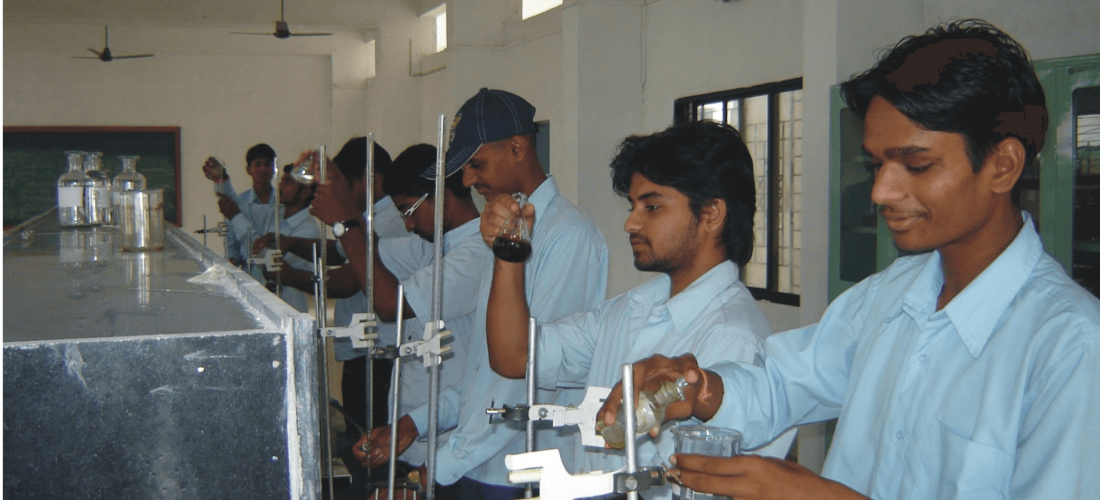
Recent Comments